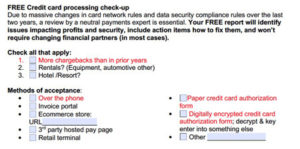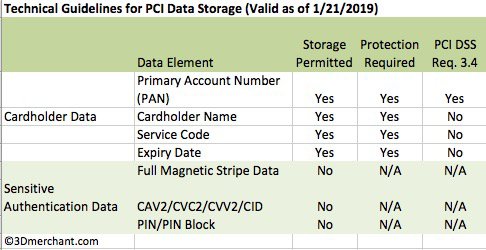Over the course of the past several days, the FBI, CISA, and ODNI have become aware of a significant and ongoing cybersecurity campaign. Pursuant to Presidential Policy Directive (PPD) 41, the FBI, CISA, and ODNI have formed a Cyber Unified Coordination Group (UCG) to coordinate a whole-of-government response to this significant cyber incident. The UCG is intended to unify the individual efforts of these agencies as they focus on their separate responsibilities. This is a developing situation, and while we continue to work to understand the full extent of this campaign, we know this compromise has affected networks within the federal government.
As the lead for threat response, the FBI is investigating and gathering intelligence in order to attribute, pursue, and disrupt the responsible threat actors. The FBI is engaging with known and suspected victims, and information gained through FBI’s efforts will provide indicators to network defenders and intelligence to our government partners to enable further action.
As the lead for asset response activities, CISA took immediate action and issued an Emergency Directive instructing federal civilian agencies to immediately disconnect or power down affected SolarWinds Orion products from their network. CISA remains in regular contact with our government, private sector and international partners, providing technical assistance upon request, and making needed information and resources available to help those affected recover quickly from this incident. CISA is engaging with our public and private stakeholders across the critical infrastructure community to ensure they understand their exposure and are taking steps to identify and mitigate any compromises.
As the lead for intelligence support and related activities, ODNI is helping to marshal all of the Intelligence Community’s relevant resources to support this effort and share information across the United States Government.
To report suspicious or criminal activity related to information found in this statement, contact your local FBI field office at https://www.fbi.gov/contact-us/field-offices. To request incident response resources or technical assistance related to this statement, visit https://www.us-cert.gov/report.


